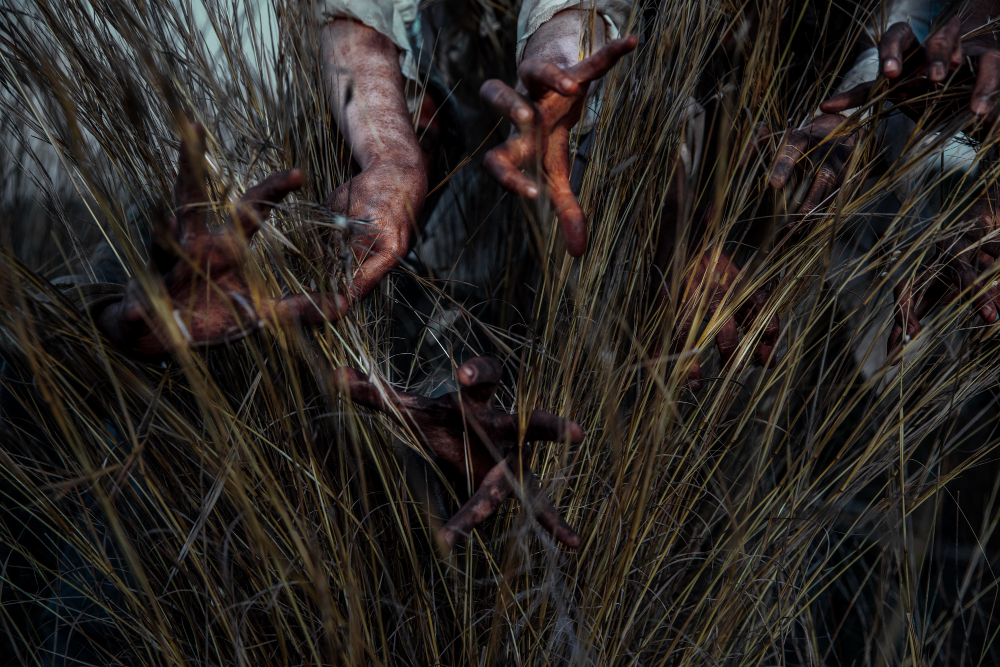A tragic wave of violence has once again swept across Plateau State, as at least 70 community security volunteers were killed in a deadly ambush by armed bandits in Kanam Local Government Area. According to local officials and eyewitnesses, the incident occurred when the volunteers were en route to a suspected bandit hideout, only to be met with heavy gunfire in a coordinated and brutal attack.
This mass killing marks one of the deadliest ambushes targeting community defense groups in recent years, exposing the mounting risks faced by civilian-led efforts to combat rural insecurity in Nigeria’s Middle Belt region.
A Devastating Loss
Initial reports indicate that more than 60 bodies have already been buried, while others are still being recovered from the bushes and surrounding areas. Many of the victims were part of local vigilante and hunter groups that had formed in response to the rising wave of attacks, kidnappings, and cattle rustling in the area.
“We are in mourning. These brave men volunteered to protect us, and they paid the ultimate price,” said Abdullahi Musa, a resident of Kanam, speaking to Xamblog.com.
Community leaders described the ambush as well-planned, suggesting the bandits had prior intelligence of the movement of the volunteers.
Plateau State: A Recurring Flashpoint
Plateau State has long been a hotspot of ethno-religious tensions and armed conflict, with frequent clashes between farmers and herders, as well as attacks by heavily armed gangs operating in forested regions. Over the past year, Kanam and its neighboring districts have witnessed multiple raids on villages, leading to the destruction of homes, displacement of residents, and loss of lives.
Despite ongoing military operations and deployments of the Special Task Force, Operation Safe Haven, the security vacuum in many rural areas persists.
Grassroots Defense at Risk
The attack raises grave concerns about the safety and effectiveness of community-based security initiatives, which many rural areas rely on in the absence of formal state protection. These volunteers are often under-equipped, poorly trained, and lack real-time support from the military or police.
Security analyst Dr. Mfon Umoh warns that without robust coordination with official security forces, such self-help groups remain vulnerable to superior firepower and tactical ambushes.
“We must enhance intelligence sharing, proper arming, and the legal backing of community security actors. Otherwise, we are sending them to their deaths,” Dr. Umoh stated.
Government Response
In response to the tragedy, Plateau State Governor Caleb Mutfwang condemned the killings and ordered an immediate investigation. He also called on the federal government to strengthen military presence in vulnerable areas and expedite efforts to dislodge bandit camps in the region.
The Nigerian Army has promised reinforcements and intensified operations, but residents remain fearful that reprisals could follow and that government responses often come too late.
Meanwhile, the National Emergency Management Agency (NEMA) has deployed a team to assess the humanitarian situation, as dozens of families mourn loved ones and villages remain on high alert.
Conclusion: A Bleeding Wound in the Heart of Nigeria
The Kanam ambush is a painful reminder that insecurity in Nigeria’s hinterlands remains one of the country’s most urgent crises. As brave community members step up where the state has failed, their sacrifice underscores the need for a unified and well-resourced national response.
Until peace returns to places like Plateau State, the blood of volunteers, farmers, and villagers will continue to stain Nigeria’s soil.
Published on Xamblog.com – Committed to truth, justice, and the stories that shape Nigeria.
Last Updated on July 10, 2025 by kingstar





